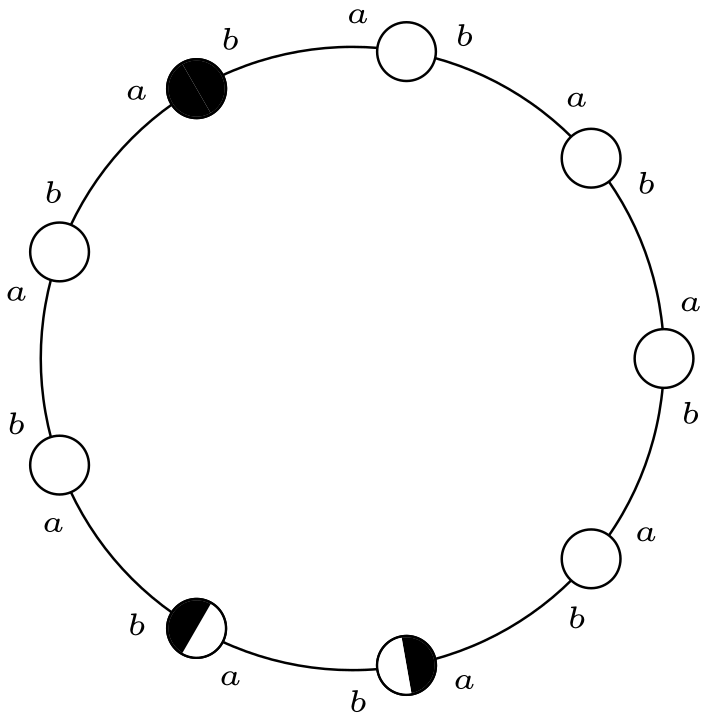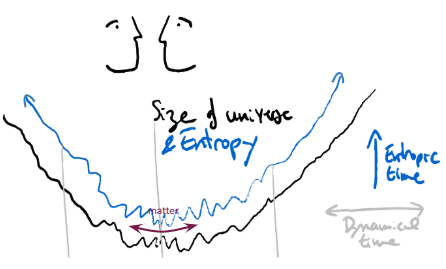Launching LMF - the Formal Methods Laboratory
The Laboratoire Méthodes Formelles (LMF) was founded on 1 January 2021 as a joint research centre of University Paris-Saclay, CNRS, ENS Paris-Saclay, Inria, and CentraleSupélec with a main focus on formal methods. The new laboratory combines the expertise of about 100 members from the former Laboratoire Spécification et Vérification (LSV) and the VALS team of Laboratoire de Recherche en Informatique (LRI).
In our mission to enlighten the digital world through Mathematical Logic, we rely on formal methods as a tool to analyse, model, and reason about computing systems, such as computer programs, security protocols, and hardware designs. Our research targets a wide range of computational paradigms, from classical to emerging ones such as biological and quantum computing.
LMF is structured around three hubs: Proofs and Models, which lie at the heart of our historical background, and Interactions, that is aimed at fostering cross-fertilisation between formal methods and other domains in computing science and beyond.







